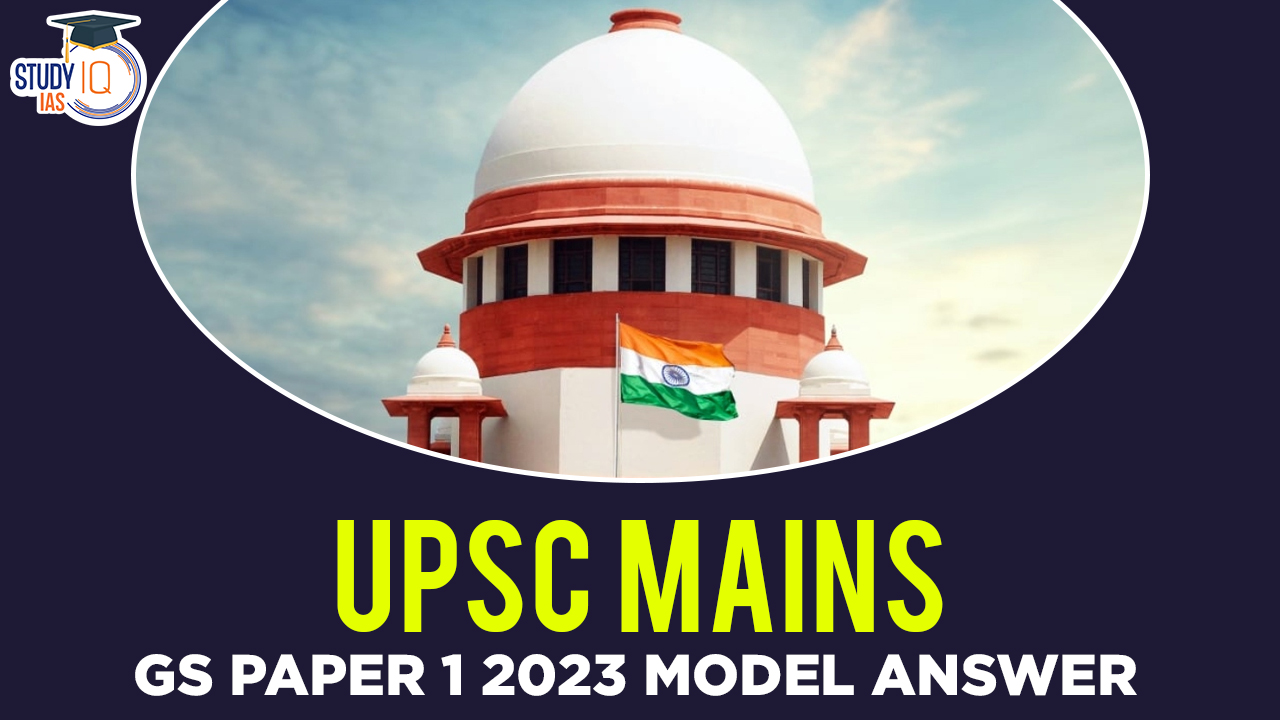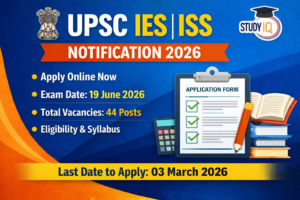Table of Contents
Q2. What was the difference between Mahatma Gandhi and Rabindranath Tagore in their approach towards education and nationalism? (10m) (Modern History)
महात्मा गाँधी और रवीन्द्रनाथ टैगोर में शिक्षा और राष्ट्रवाद के प्रति सोच में क्या अंतर था?
Introduction:
- Give a brief account of views on education of Gandhiji and Tagore.
- Give a brief account of views on nationalism of Gandhiji and Tagore.
- Mention their different views on education and nationalism.
Body:
| Difference Between Their Views On Education | ||
| Aspect | Mahatma Gandhi | Rabindranath Tagore |
| Holistic Development | Emphasised complete child development and eradicating casteism. | Stressed self-realisation through education. |
| Target Audience | Focused on educating the common man for societal betterment. | Aimed to produce saints and ideal individuals. |
| National Agenda | Promoted Indian culture and civilization through education. | Advocated integrating the best of Western education into the Indian system. |
| Approach to Technology | Critical of machines and technology, advocating simplicity. | Supported teaching modern science along with traditional knowledge. |
| Pedagogical Approach | Promoted “Nai Talim” – learning by activity and practicality. | Adopted Plato’s method of curiosity-driven learning. |
| Spiritual Element | Focused on moral development through education. | Emphasised moral development and life after death. |
| Role of Activity | Centralised activity in education. | Encouraged individual creativity through education. |
| Harmony with Nature | Did not specifically address the environment of education. | Advocated learning in close harmony with nature. |
| Economic Self-Sufficiency | Advocated self-sufficiency through work at educational institutions. | Viewed education as acquiring unbridled knowledge. |
| Freedom in Education | Advocated creative freedom within limits. | Sought complete freedom for children in education. |
| Difference Between Their Views On Nationalism | ||
| Aspect | Mahatma Gandhi | Rabindranath Tagore |
| Definition of Nationalism | Part of universal struggles for justice and equality; viewed nationalism as a means for serving humanity. | Criticised narrow, selfish, and exclusive nationalism; considered nationalism a menace and a source of power. |
| Approach to Armed Nationalism | Strongly opposed armed nationalism and any form of hatred in its name. | Expressly distressed by the fragmentation of the world and the pursuit of power through nationalism. |
| Vision of Nationalism | Desired Indian nationalism to align with principles of justice, equality, and service to humanity. | Believed nationalism should transcend power politics and focus on higher human ideals. |
Conclusion
Though Gandhiji and Tagore shared different perspectives on Education and Nationalism, both were patriots and humanists. Both were worried about the tyranny of power and encaging of liberty for the shallow motive of power.
Check out the UPSC Mains GS Paper 1 2023 Analysis with detailed expatiation of the topics of Mains GS Paper 1 By the Study IQ Experts


 UPSC CAPF Notification 2026 Out – 349 ...
UPSC CAPF Notification 2026 Out – 349 ...
 UPSC IES ISS Notification 2026 Out: Appl...
UPSC IES ISS Notification 2026 Out: Appl...
 Chhatrapati Shivaji Maharaj Jayanti 2026...
Chhatrapati Shivaji Maharaj Jayanti 2026...




















